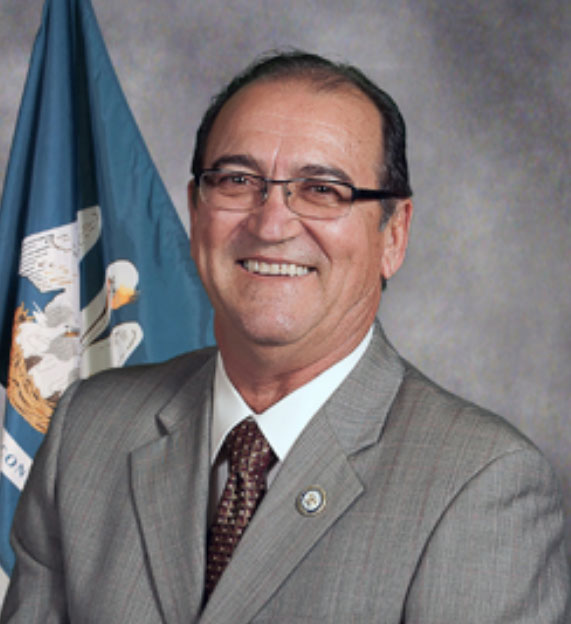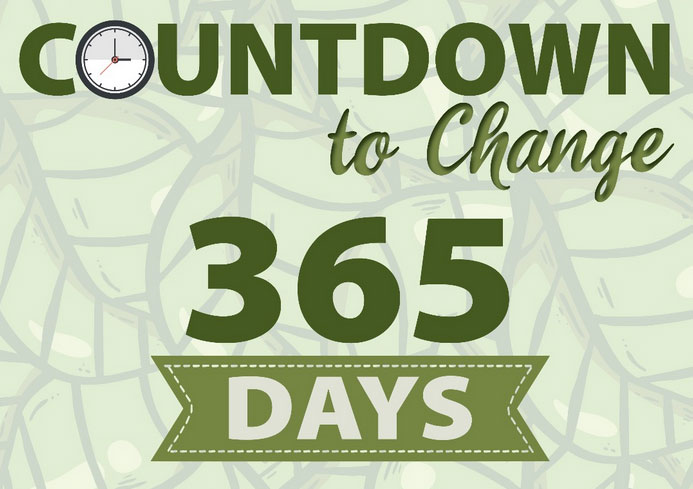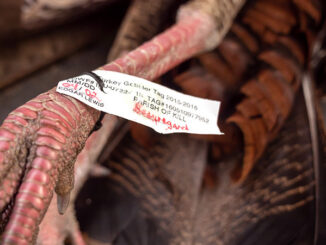
Louisiana Department of Wildlife and Fisheries Secretary Jack Montoucet took time to answer a few questions from Louisiana Sportsman recently and provided some insight into himself and some hot topics for the Louisiana outdoors. Here is that interview:
Question: You’ve been an alligator farmer, a fire chief, a state representative and now a wildlife secretary. That’s a diverse background. Which was your favorite gig and why?
Montoucet: Alligator farming allowed me to do cool things such as utilizing alligator fat for biodiesel and developing an alligator meat market in the United States, which was both challenging and rewarding. I also love working with animals, especially alligators. Nothing more Louisiana than that! The other three were as rewarding because they involved providing services that helped people and dealing with the public. Those positions were also challenging because each involved crucial budget issues that would stand up communities in need. However, by far, alligator farming was my favorite.

Question: You’re unique among secretaries because you also have to work with an appointed commission for rule-making and other operations. Do you believe the current system of a secretary and an appointed commission is still the best way to serve the state’s resources and sportsmen?
Montoucet: I believe that the current system is the best way to serve our hunters and fishermen since it allows them to have a direct voice about policies, rules and regulations that affect them, both professionally and personally. The public forum gives access to individuals who often share ideas that reshape proposed regulations and those already in place. That’s what this system affords our residents. Many other states have similar systems, but not exactly the same.
Question: You’ve spent the past five years endeavoring to reimagine the revenue picture at the Department of Wildlife and Fisheries. A big part of that vision goes live June 1 with the consolidated licensing structure. What changes should the average hunter and fisherman expect in terms of costs and privileges?
Montoucet: I have looked at this department through the lens of a businessman. In doing so, I have attempted to do things out of the box to overcome the deficit the department was experiencing when I was appointed. Consolidating and restructuring licenses was imperative to address a looming $20 million deficit. I am continuously looking at ways of getting things done that would benefit the department financially. By consolidating some of our licenses, our citizens have more privileges in some instances for only a slight increase in cost. The average outdoorsman will probably see an increase of about $8. Our most avid sportsman who bought every privilege with the Louisiana Sportsman’s license will see no change. Additionally, the old license structure was cumbersome and complex, which acts as a barrier for new hunters and anglers. We hope this license restructure eliminates that barrier, and paves the way for new license holders.
Question: The new licensing structure will result in financial and operational changes for the department, too. How will this revenue restructuring enhance the department’s mission?
Montoucet: As a businessman, I knew we had to monitor expenditures until we could find additional revenue sources. My first few years at the department we had to reduce contracts and not fill vacant positions to help keep the Department whole. The new revenue from the restructure will enable us to fill all the vacant positions responsible for managing our resources and properties. By filling vacancies, we can catch up on the backlog of work needed on our properties and our fish and wildlife evaluations. This will give us more opportunities for the public to have access to Wildlife Management Areas for people to enjoy more of what Louisiana has to offer.

Question: You’re constantly fighting Mother Nature in your job, from aquatic invasive plants to the feral hog population. Is the long-term vision one of management, rather than victory?
Montoucet: Mother Nature has been one of our biggest adversaries, from feral hogs to invasive plants. To add to that, coastal erosion is one of our other big fights. However, our long-term vision is management rather than victory. For instance, we are looking at finding a sustainable use for certain invasive plants. Currently, we are working with a university on a research project that is looking to determine the viability of producing biodiesel with giant salvinia. Preliminary data indicates that giant salvinia produces as much oil as soybeans. We may also be able to look at its chemical components to see if there is any possibility of its components having some value. As for feral hogs, there is ongoing research that would result in producing a product that could substantially reduce the feral hog problem without affecting other wildlife.
Question: Chronic wasting disease was found in deer earlier this year. What will the plan of action look like, you think, and will it be enough to manage the issue?
Montoucet: Louisiana’s first case of chronic wasting disease was detected in Tensas Parish earlier this year. At this time, the Louisiana Wildlife and Fisheries Commission has enacted a declaration of emergency that prohibits baiting within the CWD control area which consists of Franklin, Madison and Tensas parishes. In addition, a notice of intent has been introduced for the CWD control area for the 2022 deer season and beyond. The notice of intent includes a baiting prohibition for deer, and export regulations for deer carcasses originating within the CWD control area The goal of both measures is to reduce further spread of the disease. Other priorities include increased surveillance and access to testing. CWD drop-off containers will be strategically placed across the CWD control area to provide testing access for any hunters who desire to have their deer tested. Cooperation between the public and LDWF will be needed to manage the disease and reduce the risk of further spread.
Question: Recreational red snapper season begins May 27. What are your expectations for that season?
Montoucet: Last year’s season ran for 147 days, the longest since we have implemented state management of red snapper, likely due to the impacts of Hurricane Ida on recreational fishing. Last year, we had a slight overage of 6,918 pounds, thereby reducing our annual quota to 809,315 pounds for this season. There is, however, an increase proposed by the Gulf Council which could make our new state allocation 881,685 pounds before the end of the summer. Regardless of any potential increase, our Commission asked us to take measures to preserve enough quota for the Labor Day weekend, so it’s likely you may see a season closure somewhere in the middle of the summer and a reopening for Labor Day weekend, which would continue the season until the current or adjusted quota is used up.
Question: The Legislature seems more open lately to creating or recognizing new ways to hunt and fish in Louisiana, from taking deer with air rifles to noodling catfish. Some of the laws being created were actually ideas from recreational fishermen and hunters passed on to the department. Are there any other ideas or suggestions coming from your license holders that might appear before the Legislature or Wildlife and Fisheries Commission in the future?
Montoucet: Again, that’s the beauty of working with our public, legislators and the Commission. The public will often offer great ideas to their local leaders or Commissioners who provide a perspective that we have not considered. Like anything else, there are recommendations that science or history will not support, and we have to take position against some suggestions. We anticipate that there will be a time our biologists will notice something during their work that shows a need to make changes to help a species or save portions of our Wildlife Management Areas. We can’t predict that, but we know those things will happen. We also work with many regional and national groups that share ideas and outcomes that would benefit our hunters and fishermen or be mindful of trends that would negatively affect Louisiana. We are open to recommendations that help Louisiana.


